- Home
- About Us
- Products
-
Heat-Pump Dehumidifier DeAir
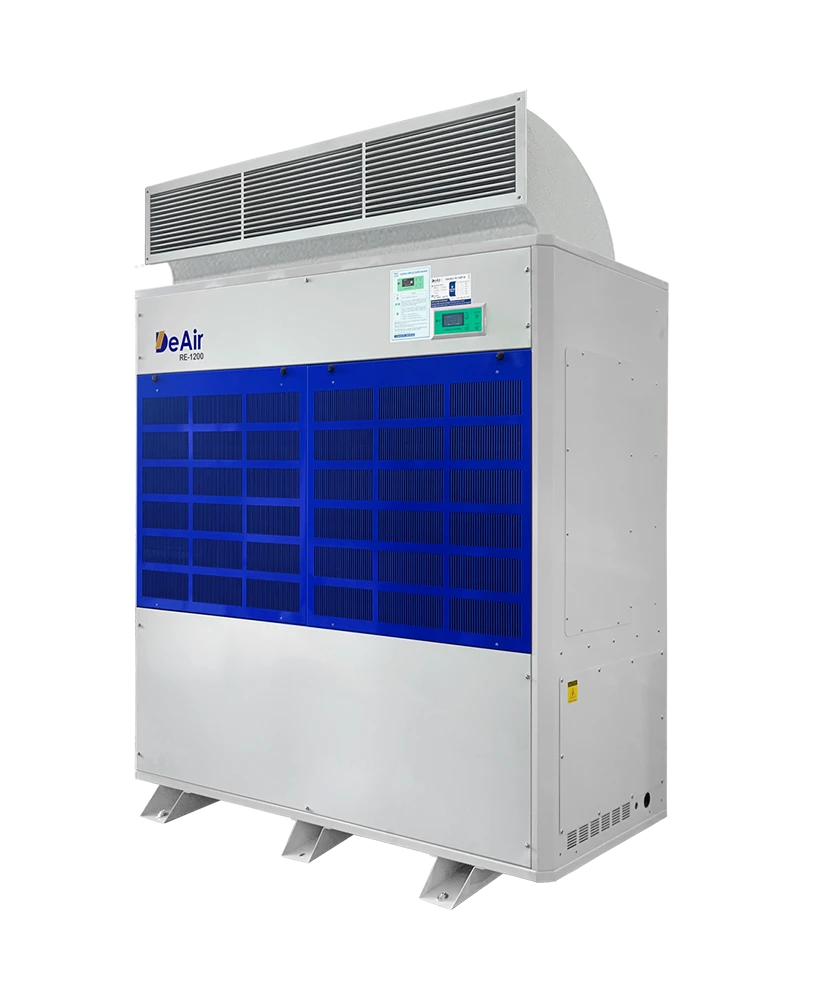 DeAir.RE
DeAir.RE -
Heat-Pump Dryer DeAir.RE-H
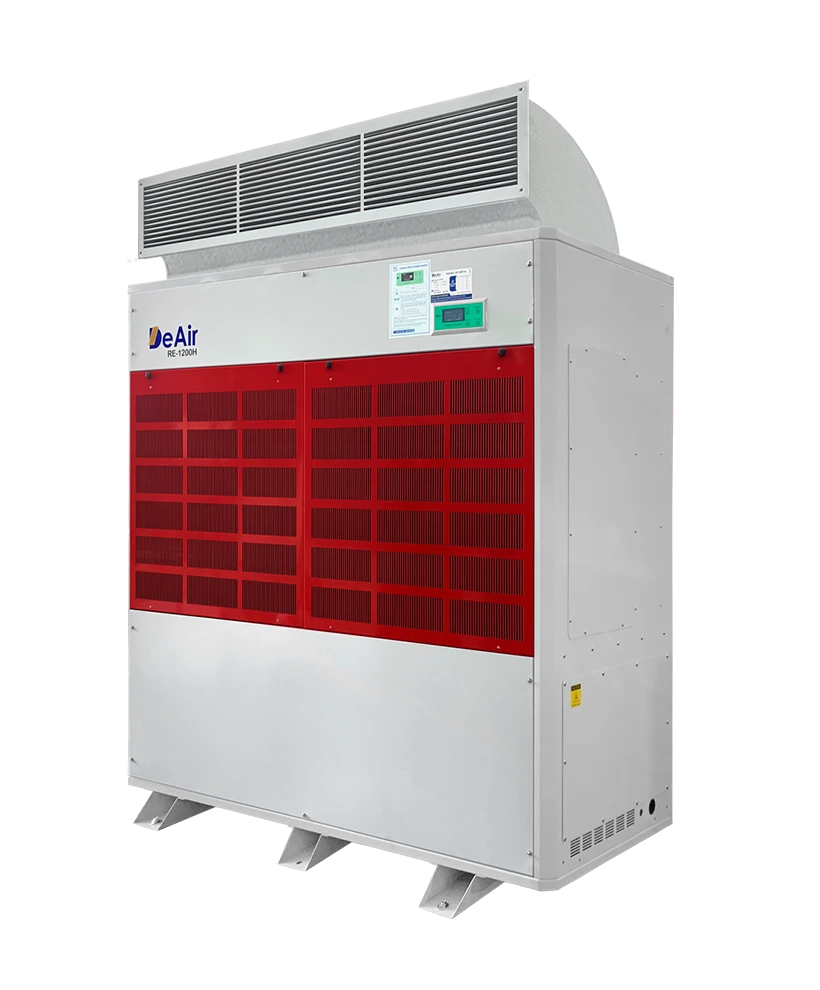 DeAir.RE-H
DeAir.RE-H -
Heat-Pump Stainless Steel Dehumidifier
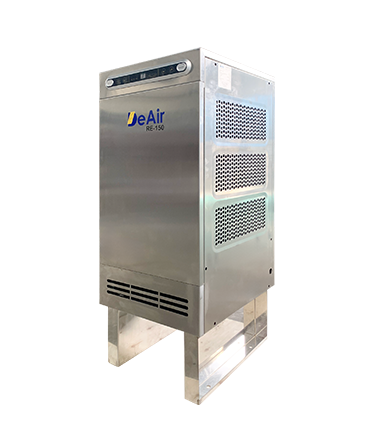 DeAir.RE-INOX
DeAir.RE-INOX -
Heat-Pump Isothermal Dehumidifier DeAir.CRE
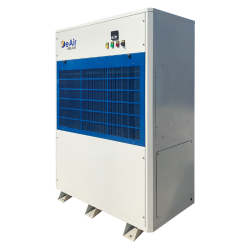 DeAir.CRE
DeAir.CRE -
Dezenno Dehumidifier
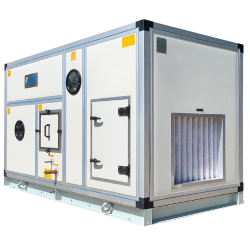 Dezenno
Dezenno -
Heat-Pump Ceiling Mounted Dehumidifier DeAir
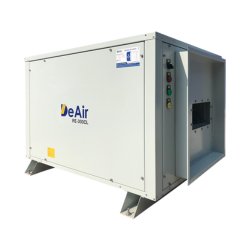 DeAir.RE-CL
DeAir.RE-CL -
Dehumidifier Olmas
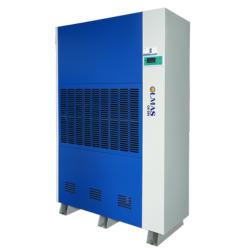 Olmas-OS
Olmas-OS -
Industrial Humidifier DeAir
 DeAir.HM
DeAir.HM -
Heat-Pump Dryer Daxwell
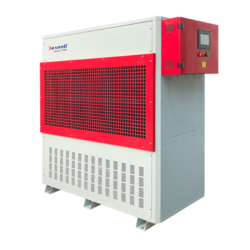 Daxwell
Daxwell -
Electric Duct Heater DeAir
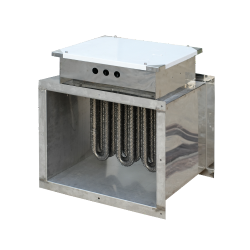 DeAir.Heat
DeAir.Heat -
Air Handling Unit Dezenno.MAX
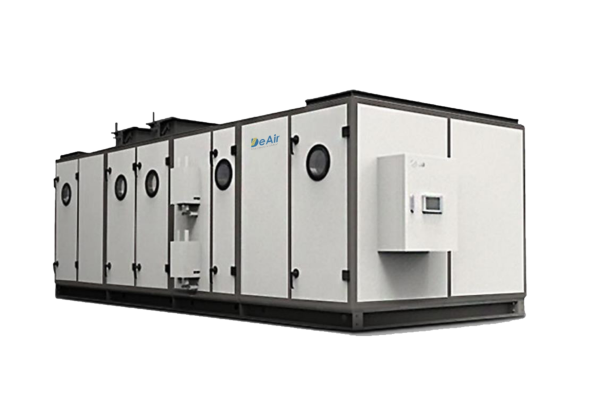 AHU
AHU
-
- Services
- Projects
- Warranty – Maintenance
- News
- Contact
Effective Warehouse Humidity Control Solutions: Protect Your Goods with DeAir Industrial Dehumidifiers
20/06/2024
Comprehensive Warehouse Humidity Control Solutions: Protect Your Goods
Excess humidity can easily occur in all types of warehouses and storage facilities.
This leads to damage to goods and raw materials such as iron, powder, wood, cardboard, paper, salt, fabric, electronic equipment, pharmaceuticals, agricultural products, etc. However, warehouse dehumidification in many places currently remains piecemeal, resulting in significant material losses.
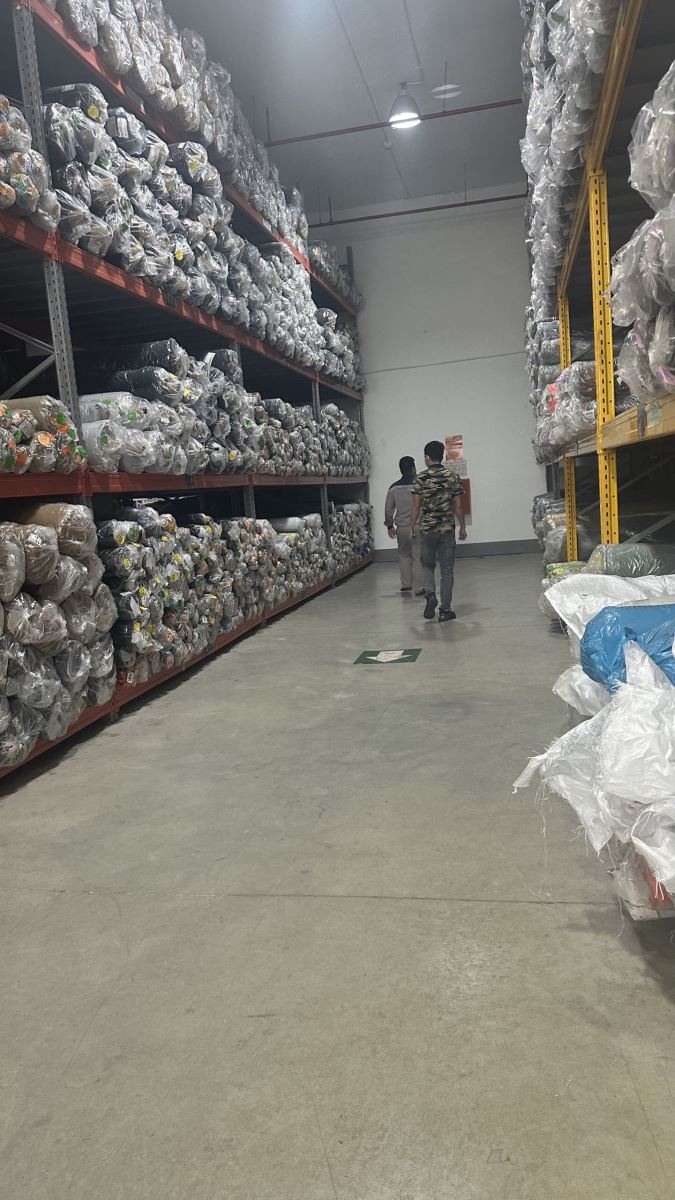
Actual survey process by DeAir humidity control expert at the warehouse
Why is Warehouse Humidity Control Necessary?
High humidity in warehouses creates favorable conditions for the growth of mold, bacteria, and other harmful agents. This leads to:
- Damage to goods: Rust for metals, mold on fabrics, paper, wood, quality degradation for food and pharmaceuticals. Notably, electrical leakage due to high humidity is also a major concern for equipment in warehouses.
- Reduced product lifespan: Humidity significantly reduces the storage time of many types of goods such as food, pharmaceuticals, or in paper production.
- Economic losses: Damaged goods mean loss of revenue, disposal costs, and impact on profits.
- Production disruptions: If raw materials are damaged, the production process can be halted, especially in factories or manufacturing plants.
- Impact on employee health: A humid, moldy environment can cause respiratory problems and allergies for workers.
Effective Warehouse Humidity Control Measures
To ensure warehouses are always in ideal conditions, a combination of solutions is needed:
1. Proper Warehouse Design and Construction
To combat warehouse humidity, proper warehouse design & construction is the primary condition. Depending on the type of warehouse: cold storage, hot storage, specialized storage, steel storage, central storage... the design & area of the warehouse differ. If a company's warehouse does not meet standards, during its operation, the unit should proceed with renovation, repair, and new construction of some facilities for the warehouse system to meet the needs of receiving, preserving, and shipping goods.
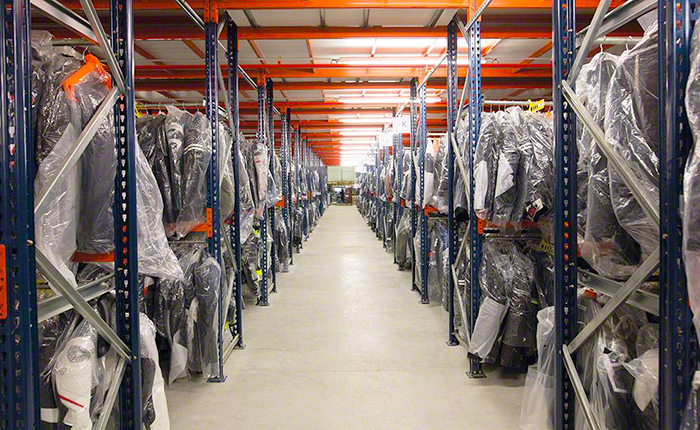
A well-designed warehouse from the outset is a crucial foundation for humidity control. Depending on the type of warehouse (cold storage, hot storage, specialized storage, steel storage, central storage, etc.), the design and area of the warehouse will vary. Factors to consider include:
- Building materials: Prioritize materials with good waterproofing and insulation capabilities.
- Ventilation: Natural or forced ventilation systems help circulate air and reduce moisture accumulation. Some large warehouses may consider solutions like AHU for overall environmental control.
- Warehouse floor: Should be elevated from the ground, waterproof, and easy to clean.
- Doors and windows: Ensure they are sealed to prevent moisture from outside.
For warehouses that do not meet standards, renovation, repair, or new construction of ancillary facilities are necessary to meet the needs of goods reception, preservation, and shipment.
2. Using Industrial Dehumidifiers - The Optimal Solution
Using dehumidifiers is the optimal measure to control humidity in warehouses:
There are many types of dehumidifiers that can effectively dehumidify warehouses and factories. DeAir offers industrial dehumidifiers widely used for various storage warehouses, laboratories, equipment rooms in hospitals (ST-scanner rooms, X-ray…), general warehouses, document archives... places requiring humidity from 40%~60% or lower. Importantly, they do not require 3-phase electricity and are portable during use.
In the current context, industrial dehumidifiers are considered the most optimal and effective solution for controlling humidity in large warehouses and factories. Modern industrial dehumidifiers are capable of removing excess moisture from the air, maintaining ideal humidity levels to protect goods. If you are looking for an industrial dehumidification system, DeAir will be a reliable choice.
With the principle of dehumidification: cold condensation using a refrigeration compressor and fully automatic operation, industrial dehumidifiers manufactured by DeAir are chosen by many companies & warehouse owners. Featuring a mechanical humidity sensor with a rotary knob, continuous water drainage via a hose or into a water tank, etc. DeAir dehumidifiers are suitable for all warehouse designs and offer many choices with various advantages.
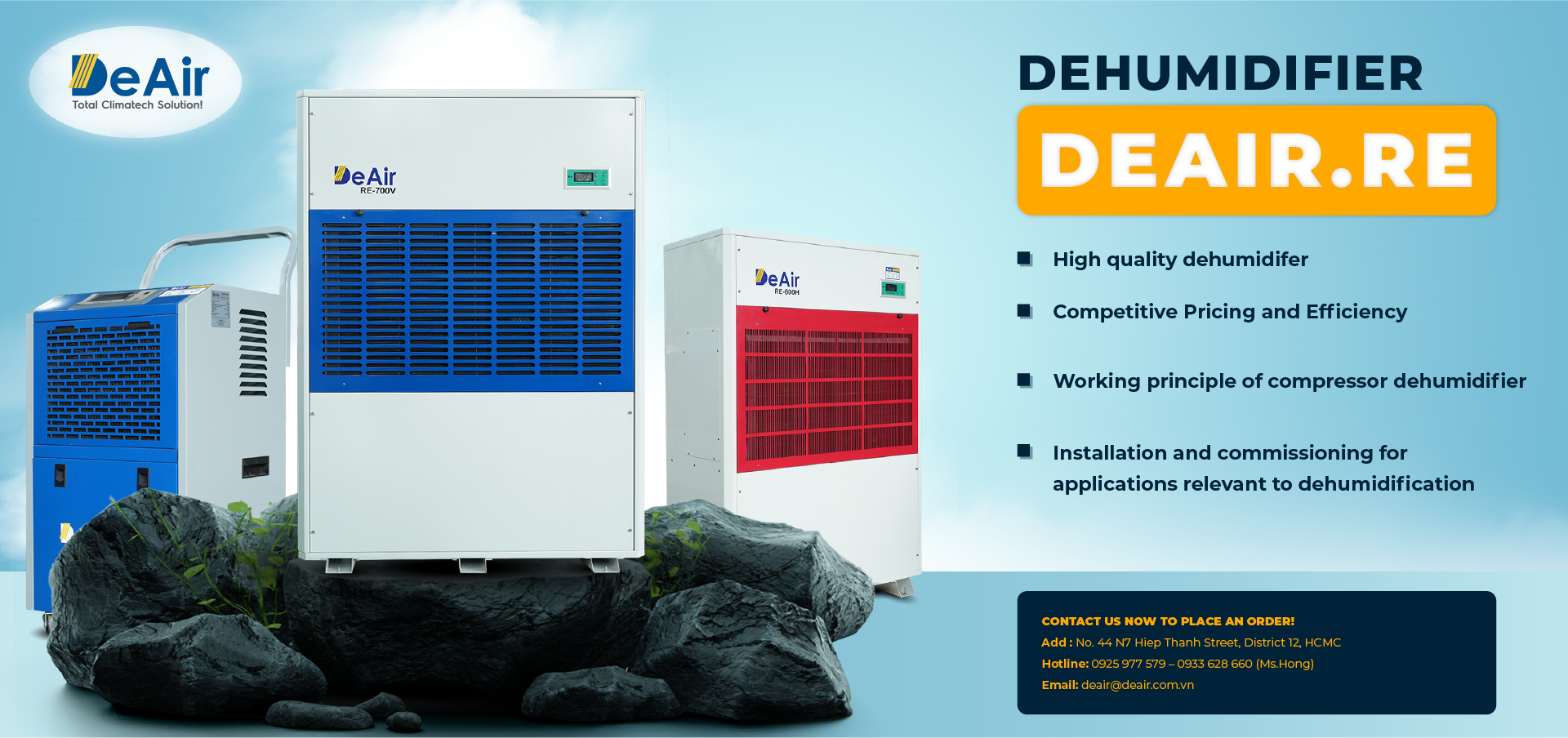
DeAir industrial dehumidifiers are the top choice for storage warehouses, laboratories, medical equipment rooms (such as ST-scanner rooms, X-ray in hospitals - see more on pharmaceutical dehumidifiers), valuable document archives, or any area requiring humidity from 40%~60% or lower. Additionally, DeAir offers specialized solutions for industries such as garment, seafood, and electronics.
Advantages of DeAir industrial dehumidifiers:
- Efficient operating principle: Uses cold condensation technology with a compressor, fully automatic operation, ensuring superior dehumidification performance. You can learn more about industrial condensing dehumidifiers.
- No 3-phase electricity required: Many portable industrial dehumidifier models from DeAir can operate with household electricity, making installation and movement easy during use.
- High flexibility: Equipped with a mechanical humidity sensor with a rotary knob, continuous water drainage system via a hose or into a water tank, suitable for all warehouse designs and offering many capacity options (high capacity dehumidifier). Products such as industrial rotor dehumidifiers or industrial ceiling-mounted dehumidifiers are also effective choices.
- Cost-effective operation: DeAir equipment is specially designed for the lowest possible energy consumption, thanks to balanced fan dimensions, large airflow, and optimized efficiency. Specifically, Heat Pump dehumidifiers offer superior energy saving performance.
- Environmental protection: Ensures environmental standards during operation.
- In addition, DeAir also provides Olmas industrial dehumidifiers with Canadian standard quality and Dezenno industrial dehumidifiers for durability.
3. Other Supporting Factors
- Minimum limitations
There is only one basic requirement related to using dehumidifiers in storage facilities - buildings... that is, the area must be sealed. Firstly, because humidity management involves controlling internal air conditions.
Secondly, temperature has little effect on humidity, insulation is not necessary - uninsulated buildings are suitable once sealed. Using the dehumidification system provided by DeAir allows businesses to save significant construction costs.
- Save money and protect the environment
The humidity control devices distributed by DeAir are of a special design. These machines ensure the lowest possible energy consumption, thanks to balanced fan dimensions, large airflow, and optimized efficiency.
- Minimum space requirements: Dehumidifiers work most effectively in sealed areas. Humidity control is directly related to controlling internal air conditions. Temperature has little effect on humidity, and uninsulated buildings can be suitable if properly sealed. Using DeAir's dehumidification system also helps businesses save significant construction costs.
- Scientific warehouse arrangement: Shelves should be elevated from the ground and kept a certain distance from walls to allow air circulation.
- Regular inspection: Regularly check humidity levels with a hygrometer and the condition of goods to take timely action. You can learn more about humidity controllers or humidifiers.
Conclusion
Investing in a comprehensive warehouse humidity control solution is a smart investment, helping to protect assets, optimize business operations, and enhance corporate reputation. With the combination of standard warehouse design and the use of specialized DeAir industrial dehumidifiers, you can be completely confident in the quality of your stored goods. For in-depth consultation or technical support, do not hesitate to contact DeAir today to find the most suitable humidity control solution for your warehouse!
Sign up for news from DeAir
Related news






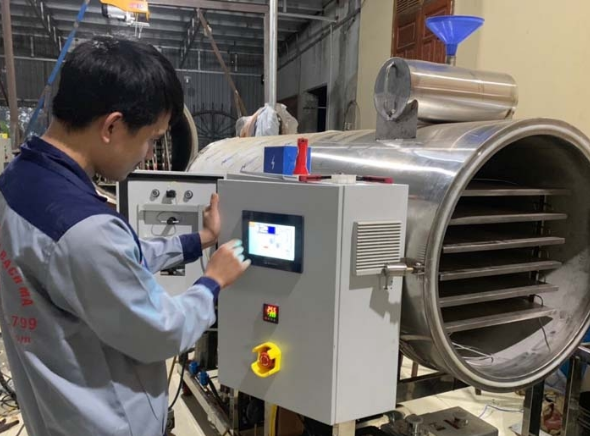



![[Case Study] DeAir Installs DeAir.De Rotor Humidity Control System for Pharmaceutical Plant in Binh Duong [Case Study] DeAir Installs DeAir.De Rotor Humidity Control System for Pharmaceutical Plant in Binh Duong](https://deair.com.vn/thumbs/news/2023_04/ban_giao_may_cho_duoc_bd/[270x153-cr]image1-1024x772.jpg__cv.webp)

![[Review & Guide] Olmas OS-300: The New Humidity Control "Warrior" for Medium to Large Warehouses [Review & Guide] Olmas OS-300: The New Humidity Control "Warrior" for Medium to Large Warehouses](https://deair.com.vn/thumbs/news/huong_dan_su_dung_may_olmas_21/[270x153-cr]vtm06440.png)